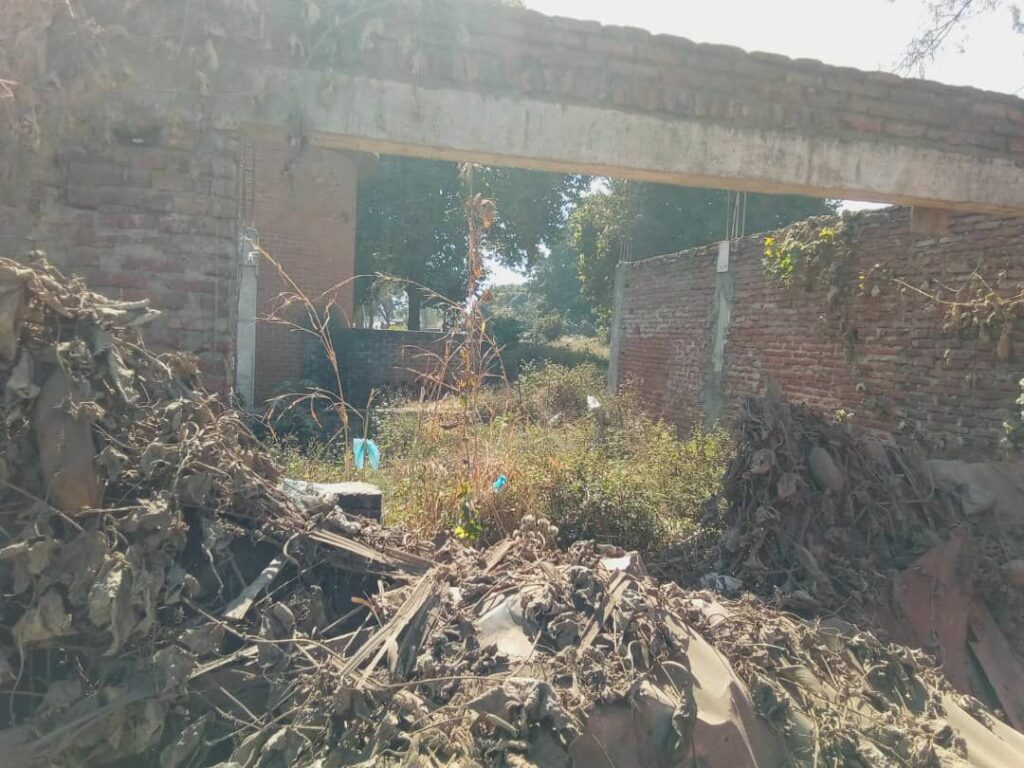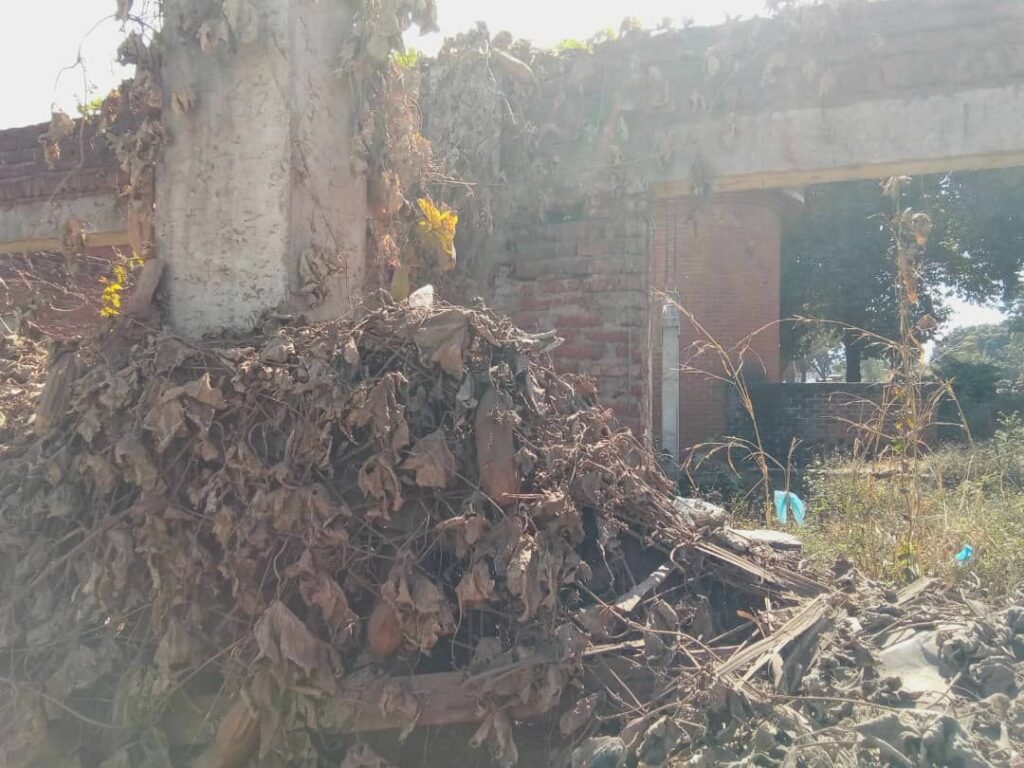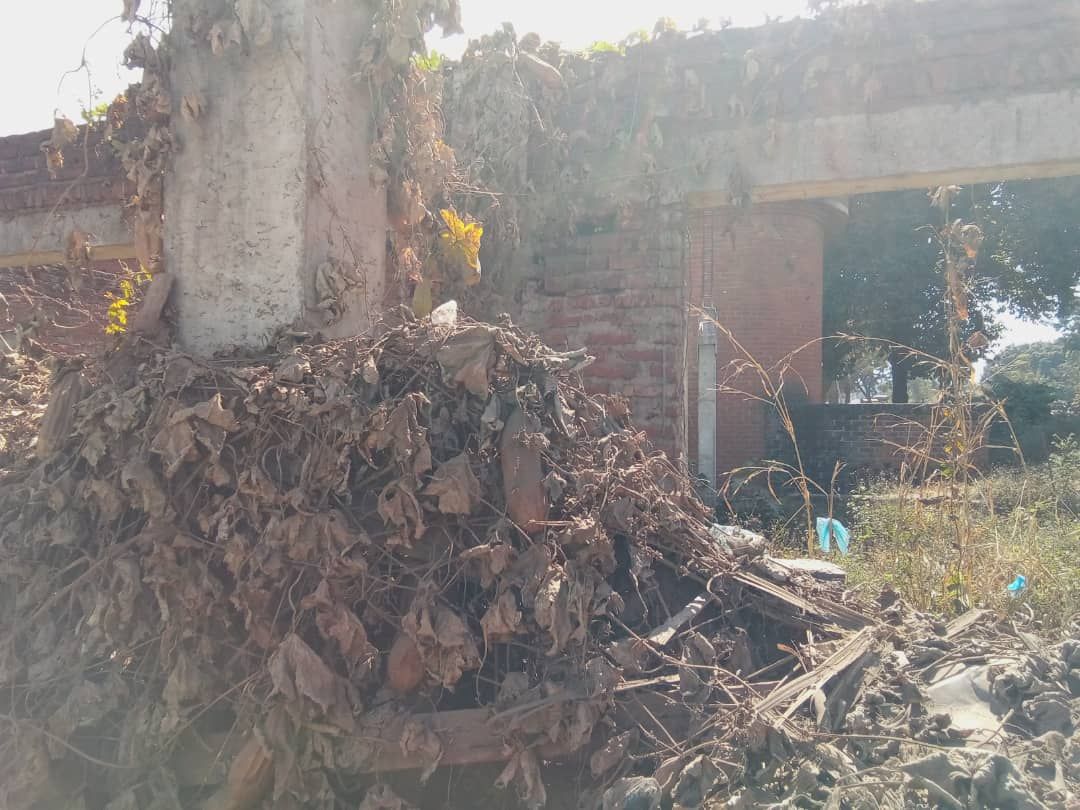During our recent visit to the Lilongwe City Assembly Rest House on Monday July 15, 2024, it was evident that the facility is in a state of significant disrepair. The once-prominent rest house now features crumbling infrastructure, outdated amenities, and visible signs of neglect. Broken fixtures, peeling paint, and general deterioration are prevalent throughout the premises, rendering it far from its intended purpose of providing a high-quality venue for visitors and events.
The poor condition of the rest house has had a detrimental impact on its business operations. Once a popular choice for events and accommodation, the rest house now faces a substantial decline in bookings. The facility’s inability to meet modern standards has driven potential clients to seek alternative venues, leading to a complete standstill in business activities. This downturn has not only affected revenue but also tarnished the facility’s reputation in the community.
The root of the problem appears to be poor business management. There is a noticeable lack of effective oversight and maintenance strategies. The absence of a proactive management approach has resulted in ongoing neglect and failure to address the facility’s deteriorating condition. Furthermore, inadequate financial planning and management have compounded the issue, leaving the rest house struggling to recover from its current state.

Possible solutions
The first step towards revitalizing the rest house is a comprehensive renovation. This includes addressing structural damages, upgrading amenities to meet contemporary standards, and ensuring that the facility is restored to a condition that attracts clientele.
Secondly, implementing improved management practices is crucial. This involves hiring experienced personnel, establishing clear maintenance protocols, and ensuring regular oversight to prevent future neglect.
Thirdly, to rebuild its reputation and attract new business, the rest house should undergo a strategic marketing and rebranding effort. Highlighting the improvements and unique aspects of the facility can help re-establish it as a preferred venue.
Fourthly, adopting better financial management practices is essential. This includes creating a detailed budget for renovations and maintenance, conducting regular audits, and ensuring transparency in financial operations.
Fifthly, engaging with the local community and key stakeholders can provide valuable feedback and foster support for the restoration efforts. Addressing concerns and incorporating suggestions can help improve the facility’s services and appeal.
In conclusion, the Lilongwe City Assembly Rest House requires urgent intervention to address its current state. Through focused renovations, improved management, strategic marketing, and better financial practices, the facility can be restored to its former prominence and resume its role as a key asset for the city.




